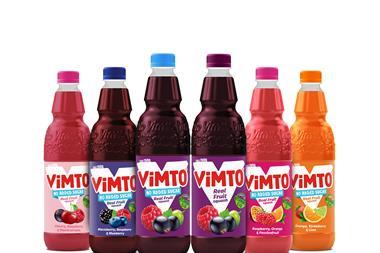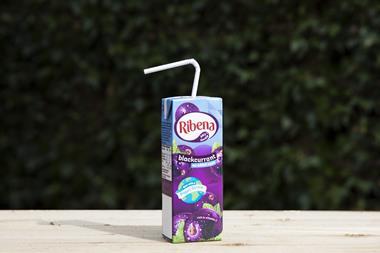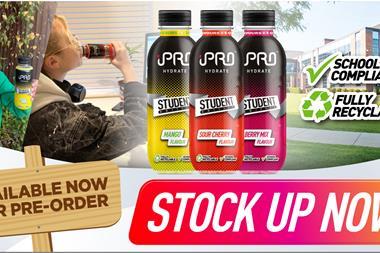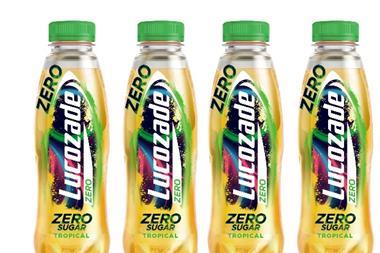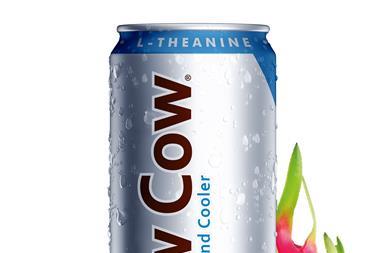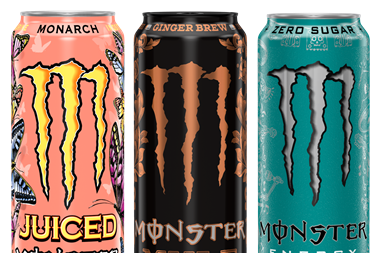How can retailers unlock £1bn in soft drink category sales?

Suntory Beverage & Food GB&I’s Alpesh Mistry discusses its category vision and how the business is working closely with independent retailers.
ALREADY HAVE A REGISTERED USER ACCOUNT? PLEASE LOG IN HERE
To read the full story join the ConvenienceStore.co.uk community today!
Registration is quick and easy and provides access to:
- Unlimited ConvenienceStore.co.uk articles
- Our great range of newsletters
- Content you’ve saved for later via the ‘my library’ feature
And much more…




















